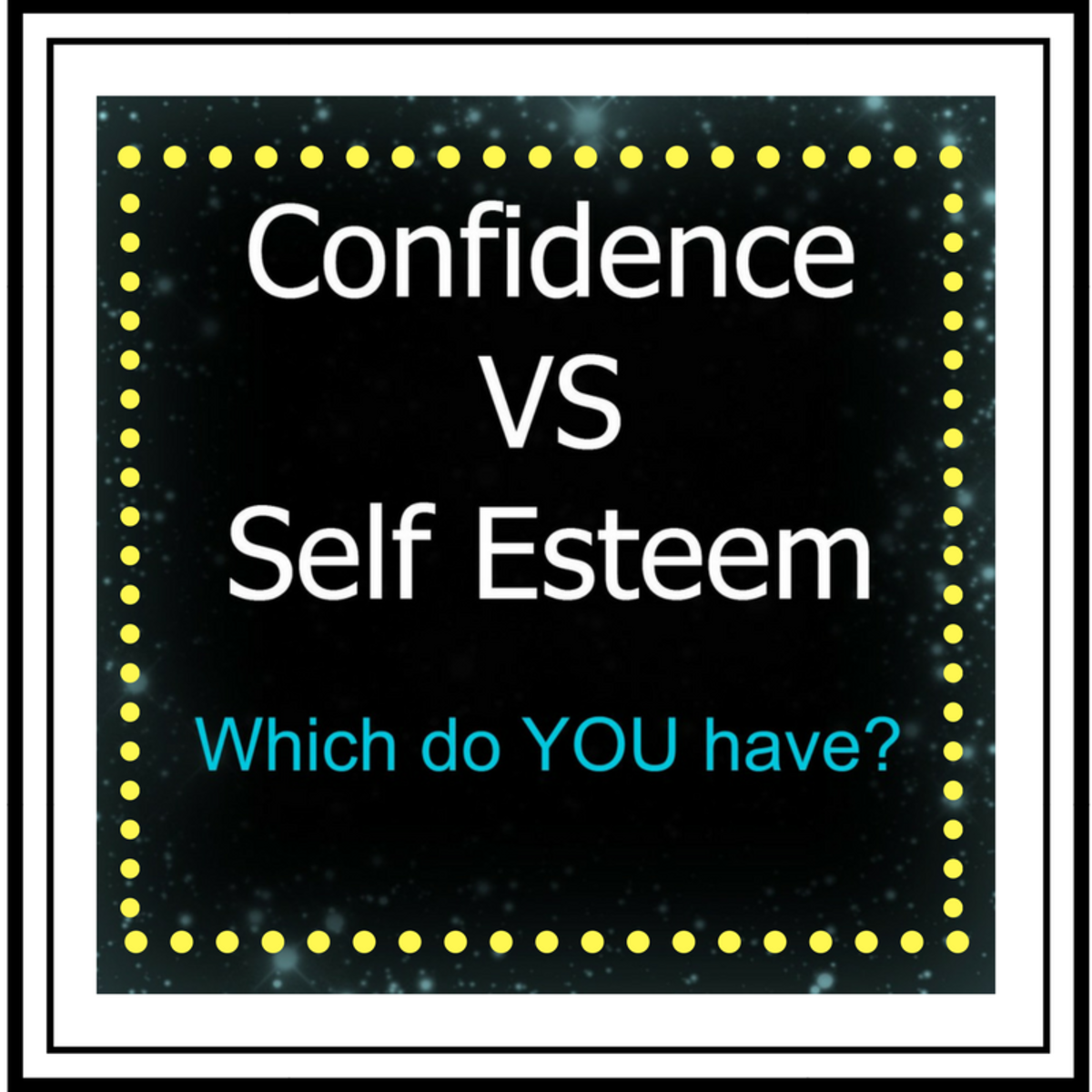- HubPages»
- Health»
- Quality of Life & Wellness»
- Personal Development
Self Empowerment - 5 Important Lessons I Learnt From The Book Lean In

Lean In is a very powerful and inspiring book written by Sheryl Sandberg, the chief operating officer of Facebook - she was also listed as one of Time's 100 most influential people in the world.
Lean In focuses mainly on issues faced by women such as self doubt (which leads to women holding themselves back in their jobs/careers) and stereotyping, and provides effective tips on how women can overcome these challenges and gain self empowerment.
Even though this book talks a lot about women issues, I find that it is not just written for women as the concepts introduced in the book can be applied to both genders.
With that, here are 5 key lessons I have learn from the book Lean In to help us with self empowerment.
1. We Need Self Confidence - If We Have None, Fake It
Opportunities are often seized, not served up to us nicely on a silver platter.
Therefore, a lack of confidence can become a self fulfilling prophecy because when we do not have confidence in ourselves, we lack faith in our capabilities and potential and fail to reach out for opportunities in front of us.
As Padmasree Warrior, Cisco's chief technology officer said, "You have to take opportunities and make an opportunity fit for you, rather than the other way around.".
In life, all of us will experience moments of self doubt or be in a situation where we are not entirely comfortable with. When this happens, sometimes one of the things that we can do is to fake it. When we fake it long enough, we may start to believe that we can really do something we didn't think we could do. Eventually, things will be alright when we get over our own self barrier and feelings of discomfort.
Although self confidence is important, we must also remember to not become overly confident as it can be perceived as arrogance and egotistic.

2. Don’t Be a Victim of Stereotyping
Whether we like it or not, stereotyping exists in all societies. Some people think of it as a necessity as it helps guide us on what we should or should not do. However, stereotyping can also hinder progress.
Traditionally, men are perceived to be the breadwinner and head of the family. Therefore, they are stereotyped as being more decisive and strong headed. Women, on the other hand, are in charge of taking care of the family’s needs and thus are stereotyped as being more nurturing and sensitive.
Women and men who deviate from the stereotype are often disliked by others. For example, successful men are generally well liked but successful women are usually less likable. Women who are good at what they do may be labelled as the “evil boss” or “a selfish woman who love her work more than her family”. Men who become house husbands to take care of their children may labeled as weak and be shunned by society.
Men and women should learn to start treating each other as equals and work together to create a balance. Men can and should get involve in helping out more at home and should not be excluded or excused from responsibilities because they are socially expected to do less. Women should have more self empowerment and learn to be more financially independent and pursue better career options without having to be over reliant on their partners (which can also be stressful for the men).
As Sheryl explains in her book Lean In, "As women must be more empowered at work, men must be more empowered at home.".
Having said that, we should not judge women who take a step back at work to focus on their family as weak or not modernized in their thinking. Everyone has their reasons for their decisions, but the important thing is not to make decisions based on what is reasonably expected of us by society, but rather, based on what we really want to do in life.

3. Scrap The Career Ladder Concept
The career ladder concept is not applicable for everyone in the modern day context. In the past, many people will stay in the same job for most of their lives. Nowadays, it is common to see people taking on many different types of jobs in their lifetimes. Therefore, people have more diverse exposures and are no longer just developing in one direction (like going up a ladder).
This change is in fact, good for us, as it can give us more self empowerment, allowing us to explore more options to find out what we really want to do in life. This way, we can live more fulfilling lives, both professionally and personally.
Having a more diverse and flexible career path is also especially beneficial for individuals who have gotten retrenched, who want to have a career switch or who want to re-enter the work force after an extended leave of absence (e.g. due to an illness or to take care of children).
We may not need to map out our entire career path, but we can plan our long term life goals. These goals do not need to be very specific - it could be a desire to work in a particular industry or to have more control of your own time. We should therefore, focus on our long term goals and don't be too stressed if we fall behind or have to take a step back (such as taking a lower position or less well paid job) in order to be closer to our goals.

4. Honest Communications is Important
Speaking the truth is often not easy but it is important if we want to be successful in maintaining relationships and improving our work efficiency.
Many of us, however, tend to avoid the telling the truth at times in order to protect ourselves or others. This can sometimes create a lot of problems such as misunderstandings, risks at work (e.g. not admitting an error at work, leading to a problem worsening) and unfairness (e.g. incapable people getting the promotion).
Honest communication is difficult so an effective way to do it is to be direct, yet still be done in an appropriate and sensitive manner (without being too sensitive, and adding too much excessive information which can often mask the main point).
Learning to be more truthful in our communications also means that we have to learn to accept honest opinions and feedbacks about us, even though they may initially hurt us. When people are open and honest about our mistakes, we can then correct ourselves, continue to improve and gain more self empowerment. We can also openly talk about and acknowledge our weakness, so we can all help each other to grow and be better.
Good communication also comes with the understanding that everyone has a different point of view and everyone is conveying their own thoughts on a particular matter. Therefore, there is no absolute right or wrong. When we learn to understand this, we will be able to communicate more effectively without being too overbearing or assertive.
5. We Can't Have It All
We have to be realistic in life.
None of us can truly have it all - there are always trade offs and sacrifices to be made in life. For example, if we want to have a career, we cannot be 100% dedicated to the children. There are bound to be missed dinners or dance recitals, disappointments and breaking of promises due to periodic work demands.
We should not set ourselves unrealistic goals which will make us feel like we have fallen short in life.
Self empowerment is achieved when we are able to identify what we want in life and learn to set our expectations and limits.
For example, work will never stop demanding attention from us so if our goal in life is to achieve a work life balance and spend more time with the family, we have to take control and learn to draw the line. Set limits (e.g. number of times you are willing to work late and miss family dinners) and stick to them as best as we can.
Setting limits can also help us to work more efficiently - e.g. maximizing our time in office to complete our work and only arrange or attend meetings that are really necessary.
We also don't need to be constantly striving for perfection (which creates a great deal of stress). Sometimes, we just need to get things done correctly and not perfectly. As Sheryl says, "Done is better than perfect".
Sheryl's Inspiring Talk at TEDTalk
This content is accurate and true to the best of the author’s knowledge and is not meant to substitute for formal and individualized advice from a qualified professional.
© 2016 Kawai








